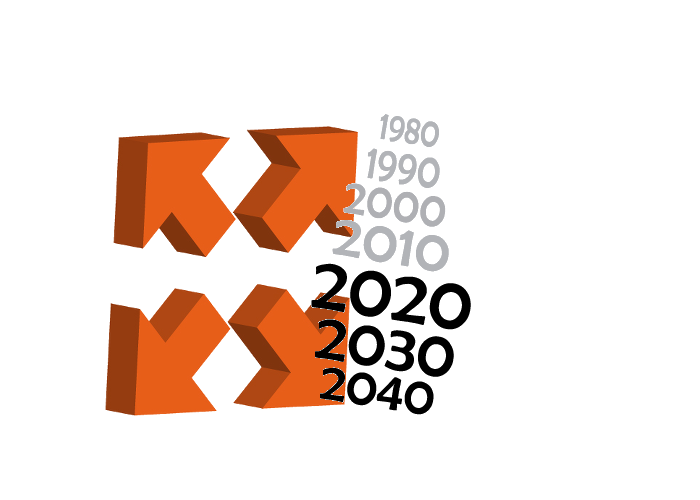Self-Service Let Humans Be Human

ICM Airport Technics Expands Globally and Adds Europe Presence
March 15, 2018
ICM Features its Airport Self-Service Solutions at the FTE in Las Vegas
September 5, 2018
On an early Monday morning at the Sydney Australia airport I witnessed a couple, maybe in their 80s, getting their boarding pass at a self-service kiosk, self-tagging their bags and calmly leaving their luggage at a fully automated self-service bag drop unit. The terminal was rather quiet. They were done in minutes. We chatted for a while.
Calmly using self-service technology throughout the entire airport check-in process? No hassle, no stress. A quiet airport terminal on an early Monday morning? Multiple transactions in a matter of minutes, if not seconds, so no queues? Time for some actual human interaction?
Another Kind of Busy
That Monday morning, airline staff was mingling with passengers, assisting where needed or responding to small talk. The absence of barriers and commanding instructions were noticeable. I asked a staff member if it was an unusual quiet morning. ‘It is not’, she replied. ‘It is actually quite a busy morning.’ We chatted for a while.
The Irony of Full Service
People, customers, spend on average three days a year waiting and queuing up. Most of the time it relates to finalizing a transaction with another person, like paying in a supermarket or checking in baggage at an airport. To make a distinction from self-service, ironically, such a transactional process is sometimes referred to as full service.
Interaction vs Transaction
By creating more available self-service points than full-service points ever can at airports, passengers can avoid queuing. It also allows for airline and airport staff to shift from being transactional processors to interactive people. Sounds like the ultimate business case: self-service lets humans be human.





3 Comments
This is an interesting scenario but I wonder in what extent two of Hofstede’s cultural dimensions may affect the effectiveness of those solutions. In hierarchical cultures people like to be served, to be treated like kings/queens, for example, there are some supermarkets in Brazil that still use the cashier and the packer during the checkout process. And in collectivist societies people value the relationships and their social capital, in other terms, if they know someone who works for a company, their social relationship may offer special and/or exclusive benefits, making the client feel special. For these reasons, I support the self-service processes due to the rationality but will they really provide good customer experiences?
Thanks João. Clearly, cultural differences impact the adoption of self-service. I am trying to make the point however, that self-service is better for the provider AND the customer and that the customer is NOT treated as a king when forced to wait in line. As such, self-service will continue to expand. The fact that cashiers are still being used in Brazil also relates to the fact that self-service technologies can be more expensive than staffing.
I’ve just read that 7 airports in Brazil will adopt the self-service bag drop until the first quarter of 2019. Please read some of the comments below regarding the news (Google translated):
“In fact, it only cuts officials, and we passengers, that we will have to do the service that they have the obligation to do for us, and we will not have any discount for that. And simply terrible what they do with the passengers, now we need to work to send our luggage and pay for it”.
“Let’s cut employees, follow the world trend !!”
“It had to have a bonus equal to that of the virtual check-in, like gaining 250 miles of TudoAzul for doing the self-service bag drop”.
“For sure this will allow to lower the value of the boarding fee …. #sqn” – #sqn means irony